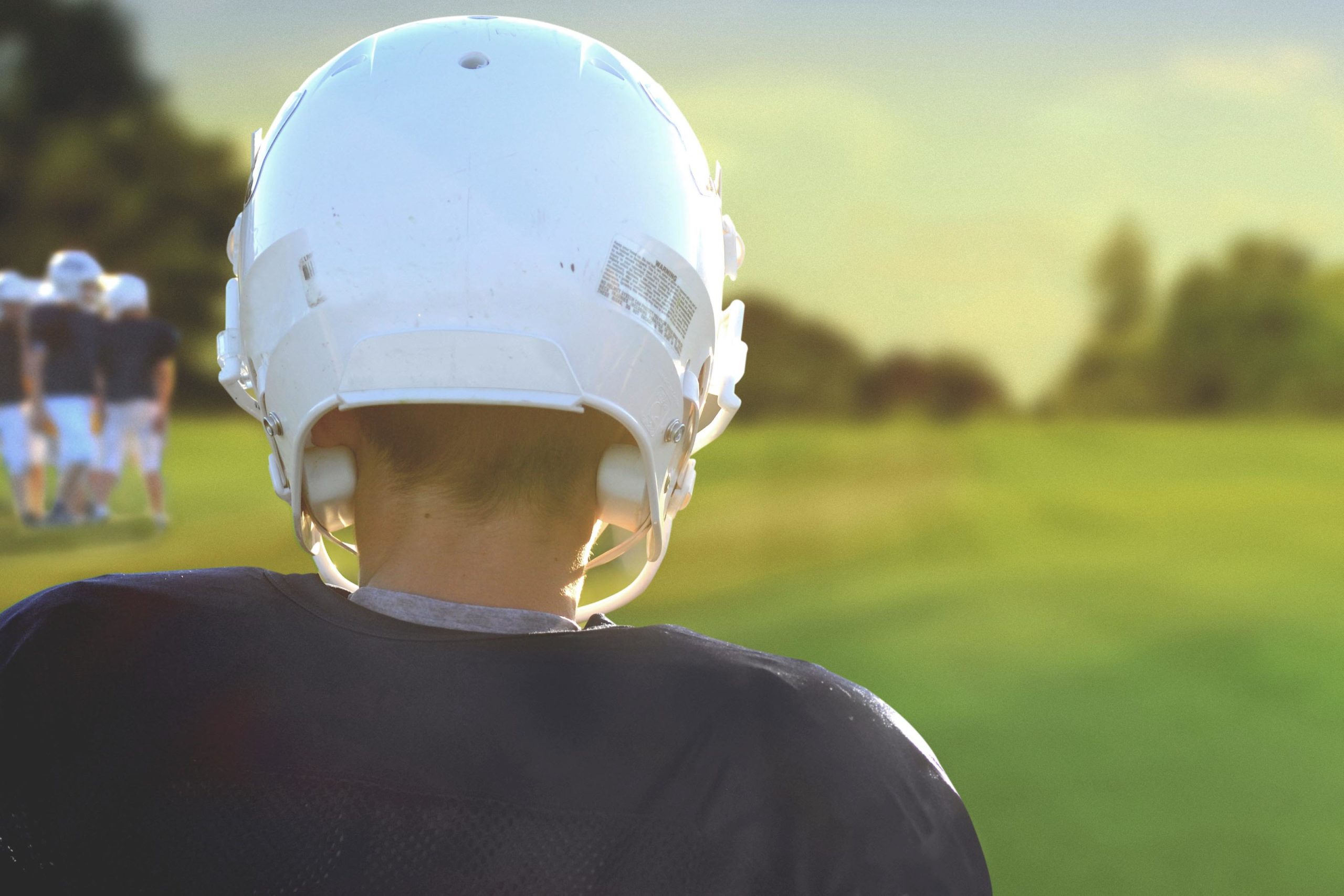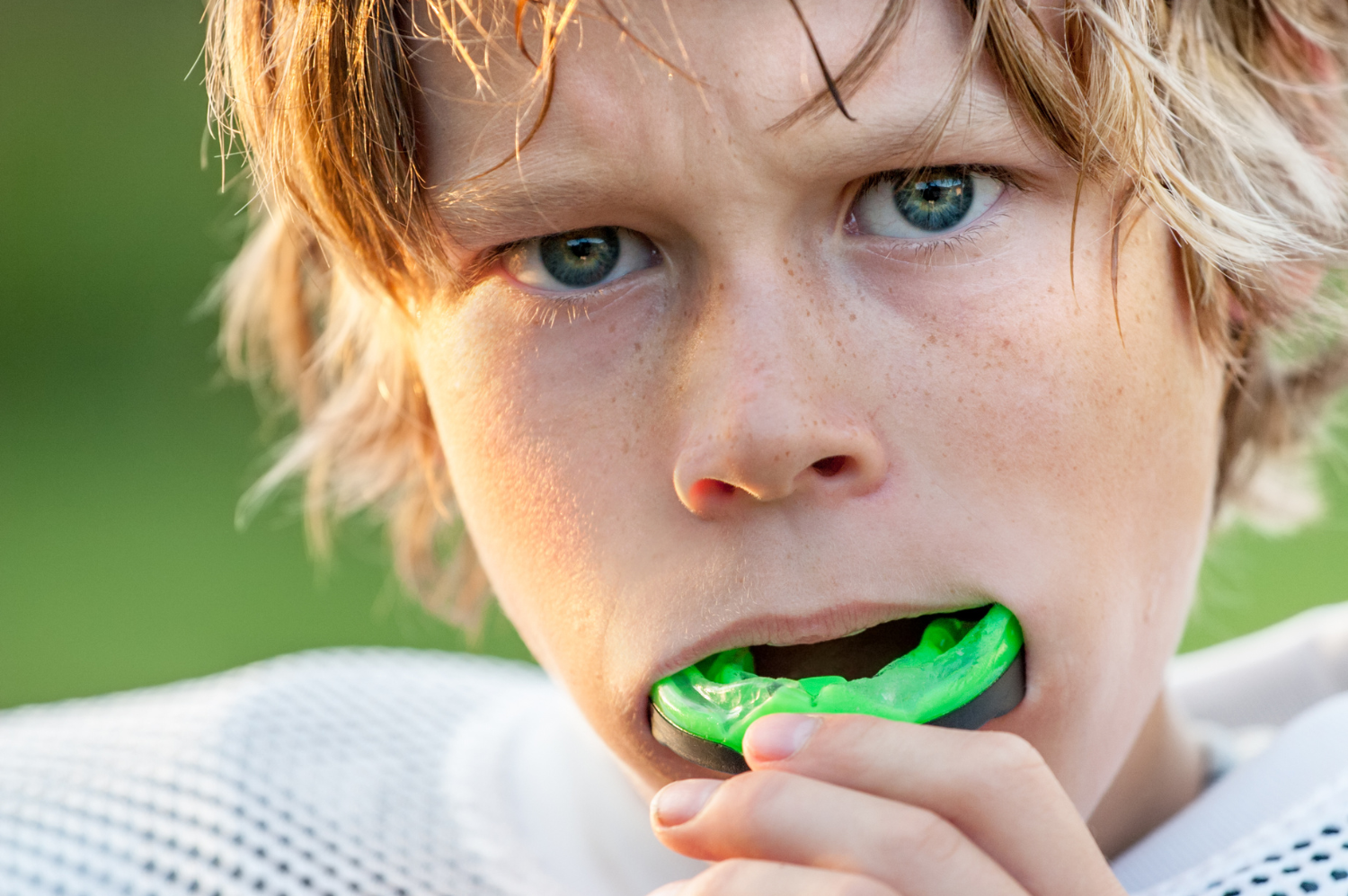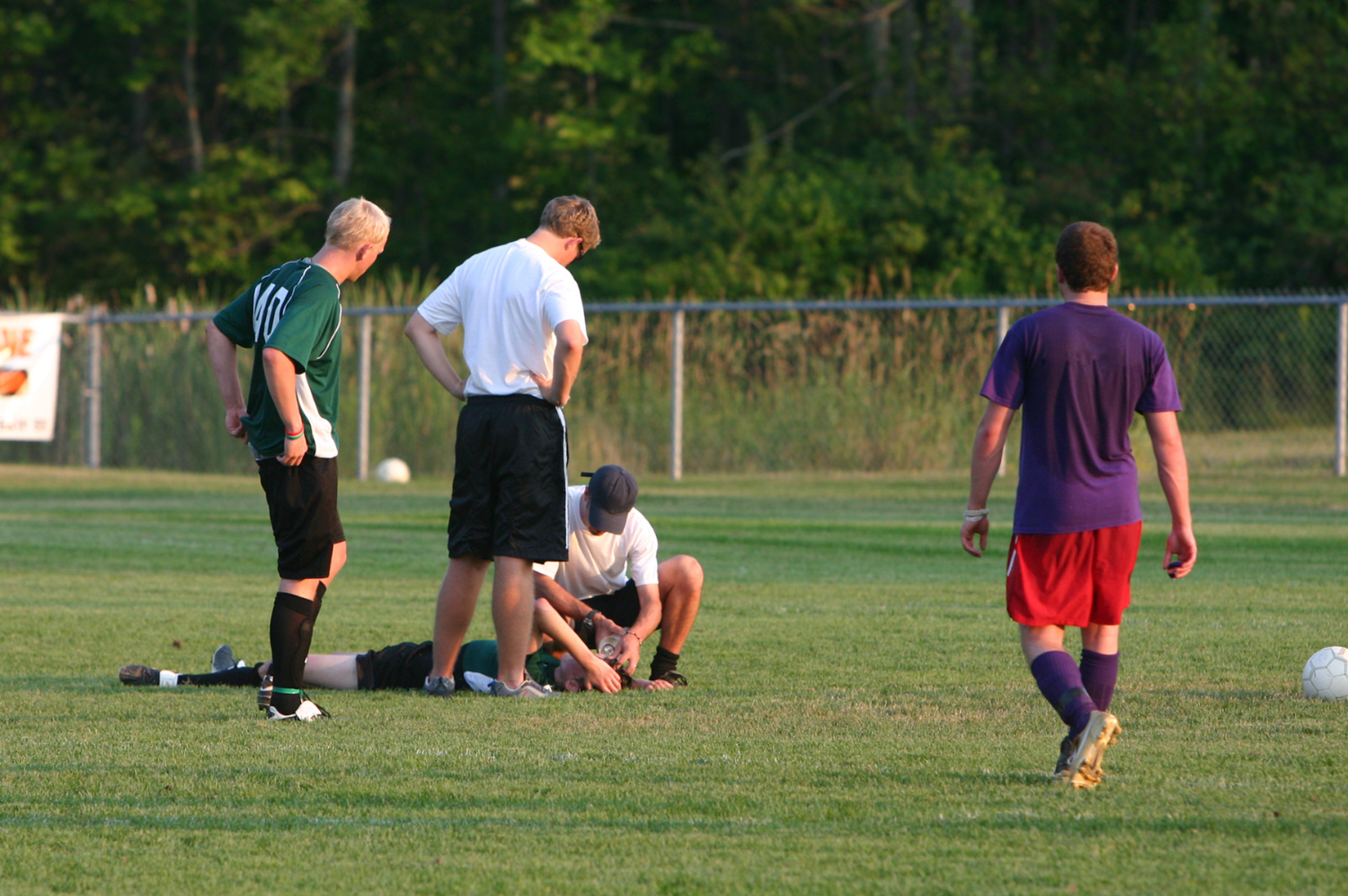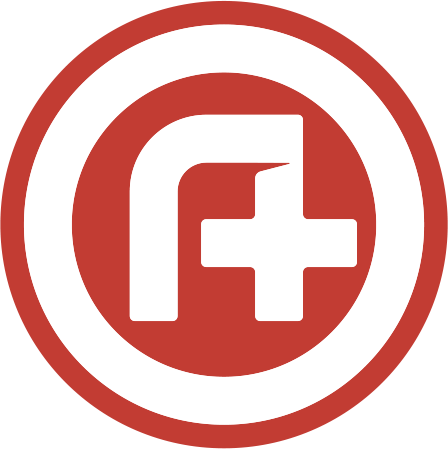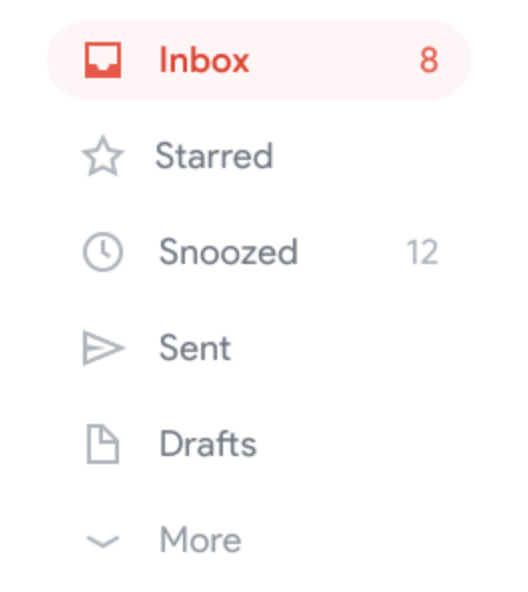Campaign Flights
Campaign Name: It’s all in the head: 6 Steps to detect and care for your child’s concussion
Blog Post

It’s all in the head: 6 Steps to detect and care for your child's concussion
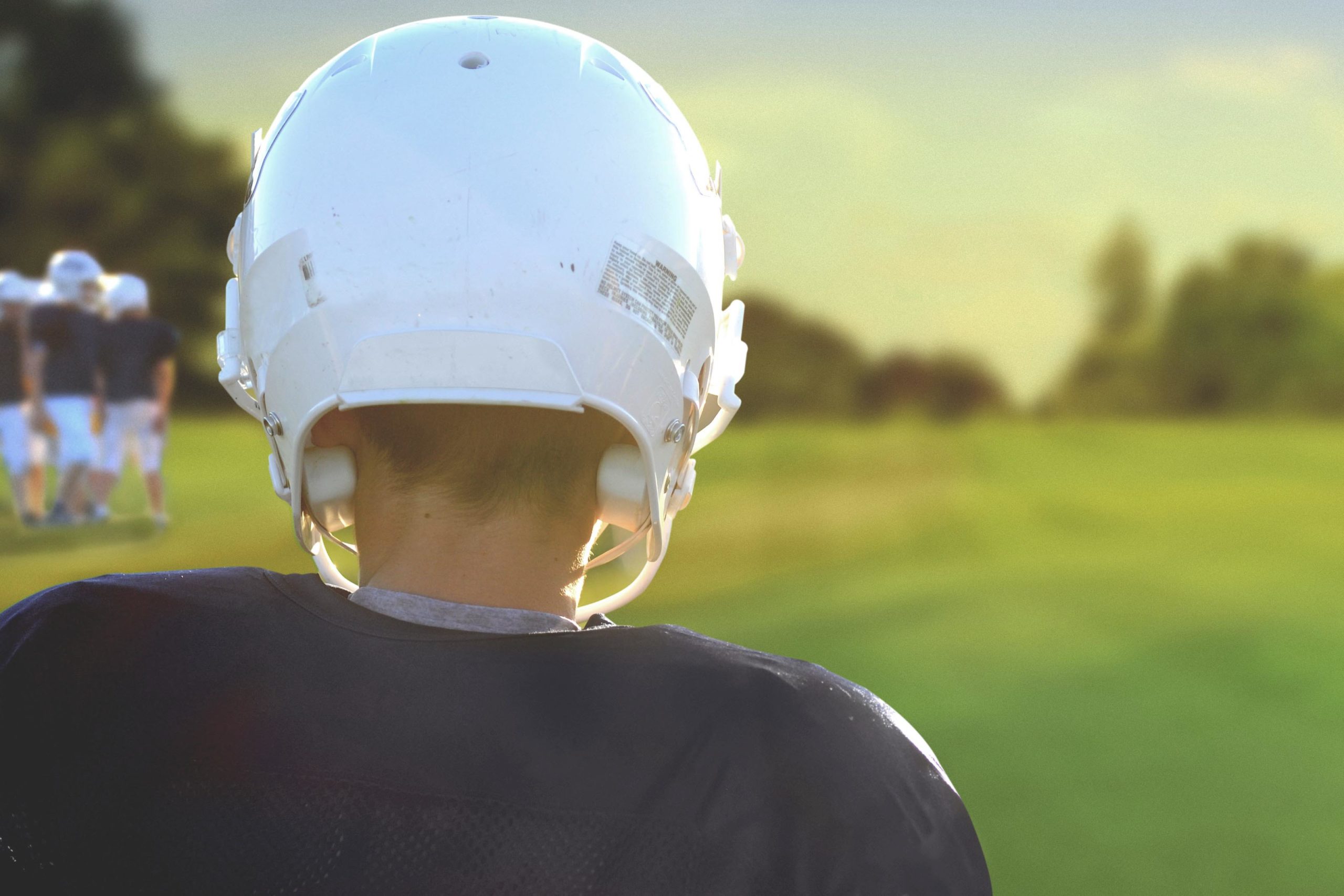
Concussions are often called the “invisible injury” because they can be challenging to detect, especially in children. Symptoms of concussions may include headache, nausea and vomiting, confusion or feeling in a fog, blurred vision, and trouble seeing. Symptom duration is variable but typically subside after 1 week to 1 month; however if not treated appropriately can last months. If you or someone you know has experienced an abrupt or traumatic blow to the head, knowing what to do before and after receiving care is essential.
The first thing to note; when a concussion or other head injury occurs, it is important to immediately stop the activity and assess the extent of the injury. If the injury presents symptoms of a concussion, seek medical attention from AlphaMeD or other experienced providers who care for sports-related injuries.
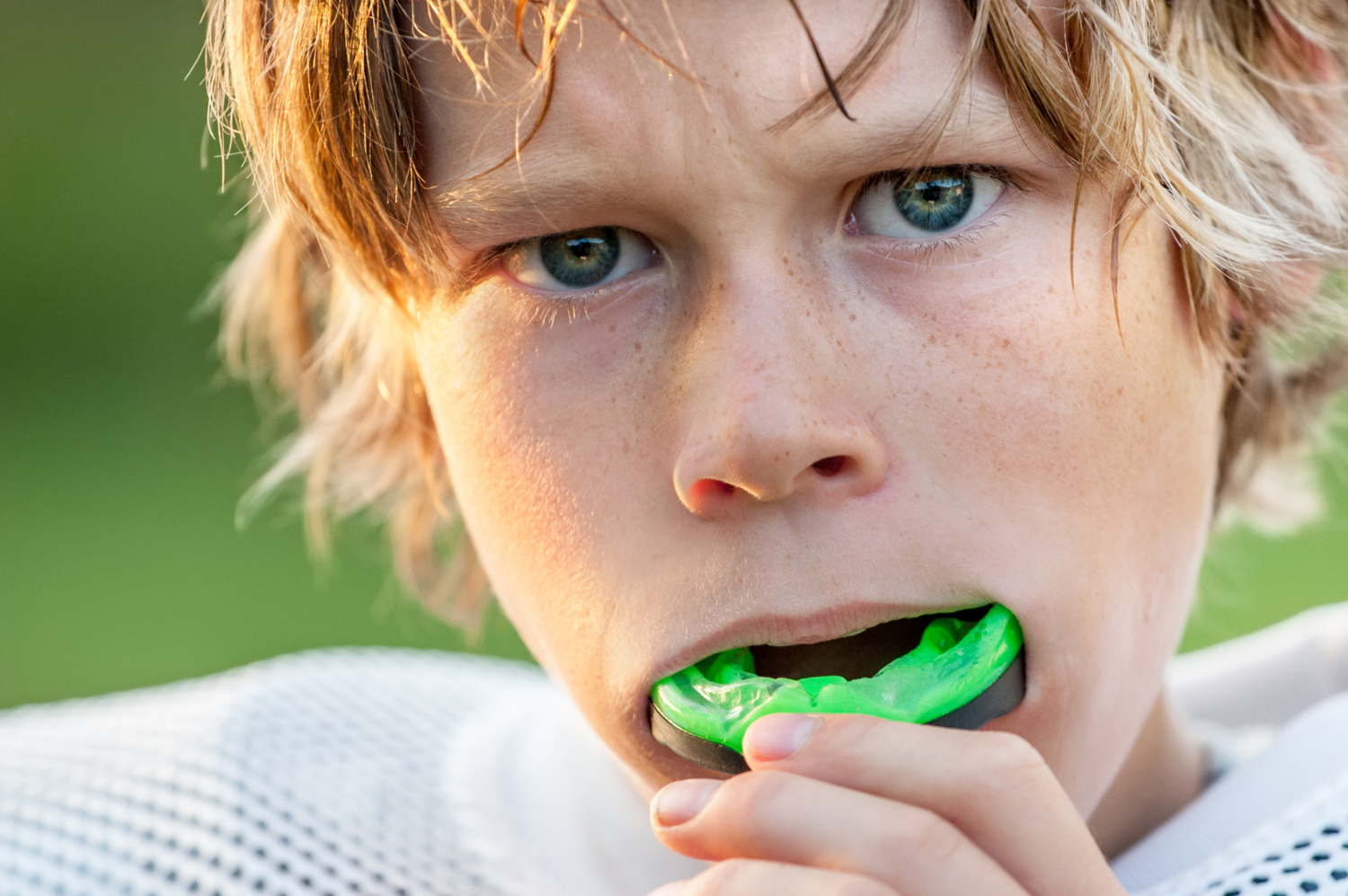
What is a concussion?
Concussions are a type of traumatic brain injury, often caused by a bump, blow or jolt to the head, and cause the brain to vibrate in the skull. These do not always require an impact to the head. They can also occur with a collision that causes a sudden deceleration of the head. It makes sense why concussions happen during contact sports like football and hockey. Still, concussions can also occur from falls or other accidents where the head suddenly stops moving after impact.
Do you have to be knocked out to have a concussion?
Even if the injury doesn’t result in losing consciousness, one can still experience a concussion. It’s important to know that concussions can occur without loss of consciousness or even amnesia (memory loss). Most people who have a concussion never lose consciousness.
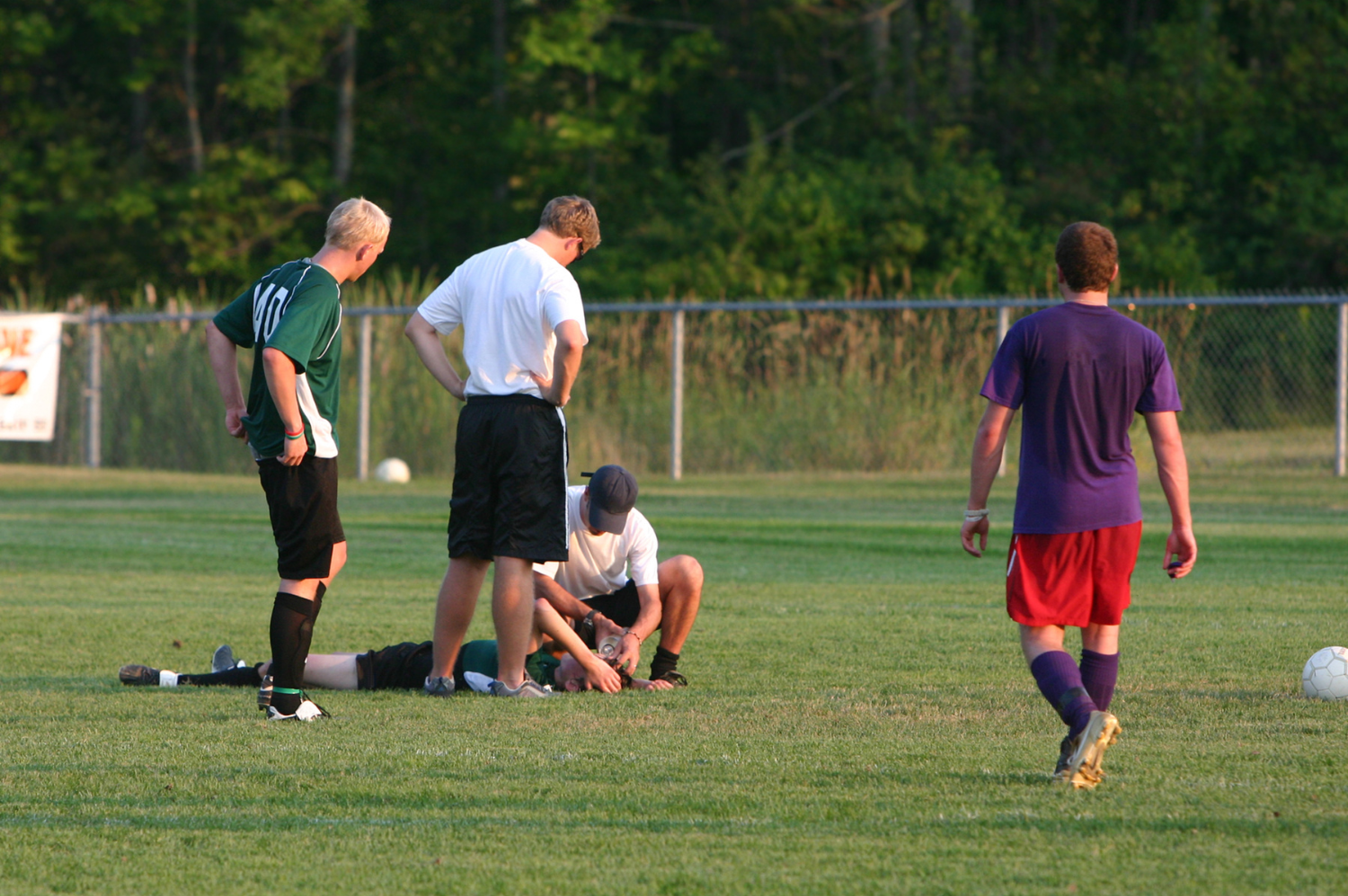
What are common signs of a concussion?
If your child experiences a concussion, they may have immediate or gradual symptoms. Here are some behavior changes to look for that may be signs of a concussion:
- Headache
- Dizziness
- Nausea or vomiting
- Feeling confused or dazed
- Unusual tiredness
- Memory loss
- Sensitivity to light or noise
- Balance problems
- Responding slowly or difficulty answering questions
- Notable changes in mood or behavior
If your child is demonstrating one or several of these signs in an unusual manner, you should seek medical attention for a concussion.

How are concussions diagnosed?
Concussions can be difficult to diagnose, especially hours or days after the injury. At AlphaMeD, we will use a series of tests and exams to determine if your child has a concussion. Our providers will conduct physical exams to check for balance issues and other neurologic indicators of brain disturbance. CT scans and MRI results are typically normal in concussion so these are not used routinely to diagnose concussion.
How are concussions treated?
AlphaMeD offers walk-in urgent care services at all our Arizona clinics, making it easy to come in and get checked out if you suspect a concussion. Our providers will assess the severity of the injury and provide the best treatment choices for a concussion, make a recovery plan, and provide helpful information regarding what to expect for recovery.
There are some everyday activities to avoid when recovering from a concussion, including:
- Using electronics or bright screens (video games, laptops, cell phones, TV)
- Driving
- All sports and physical activities
- Reading or similar activities where you focus your eyes for an extended period.
- Listening to loud music
While you’ll require more rest and sleep than usual, you don’t need complete rest. Research has shown that excessive mental rest might extend the healing process and make you more susceptible to activities once returning to them.
